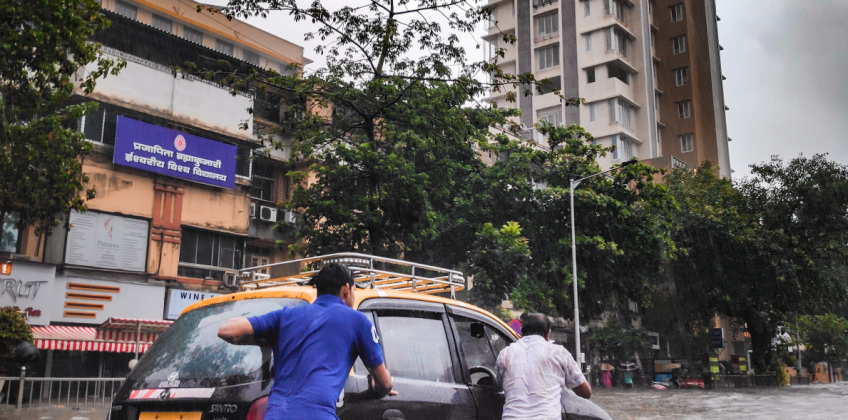Document_GEM: UN DESA Policy Briefs series
UN DESA Policy Briefs series
4 January 2023
Improving working conditions and access to quality education across the lifecycle can help reduce inequality in health outcomes among older adults. Expanding healthcare coverage and addressing the social determinants of health are also vital.
4 January 2023
Respecting, protecting and fulfilling the human rights of all migrants, regardless of their migration status, benefit migrants and countries alike. Addressing the adverse drivers and structural factors that hinder people from building and maintaining sustainable livelihoods in their own countries and communities can reduce the pressure to migrate.
16 December 2022
Financing and enhancing statistical capacity for high-quality, timely and reliable disaggregated data in developing countries, is essential to better understand and respond to inequalities in life expectancy.
15 December 2022
With the climate and biodiversity crises raging, Our Common Agenda stresses the urgent need to go beyond GDP, including through country implementation of the SEEA.
14 November 2022
Rethinking approaches to long-term care will benefit today’s older persons and those who care for them, but also future generations of older persons. Countries should consider a more equitable, person-centred approach to care, operating across governments, businesses, civil society, communities and households to address needs in the provision of both formal and informal care.
11 November 2022
An agenda on gender equality aimed at reducing women’s poverty, including in old age, should promote women’s labour market participation and decent work, ease their care burden and improve women’s pension coverage as well as pension adequacy.
4 November 2022
A globally just transition requires international support for developing countries that takes into account their’ realities, capacities, and priorities. Greening measures and strategies shouldn’t push people in other countries behind.
1 November 2022
Wealthy countries and the international community should support sustainable development in low-income and lower-middle-income countries by providing the necessary technical and financial assistance so that their economies can grow rapidly using technologies that minimise environmental harms.
6 October 2022
Ensuring risk-informed governance for climate action requires citizen-centric approach through the whole-of-society and whole-of-government approaches including the leverage of government innovation and frontier technologies for DRR and resilience.



















Follow Us